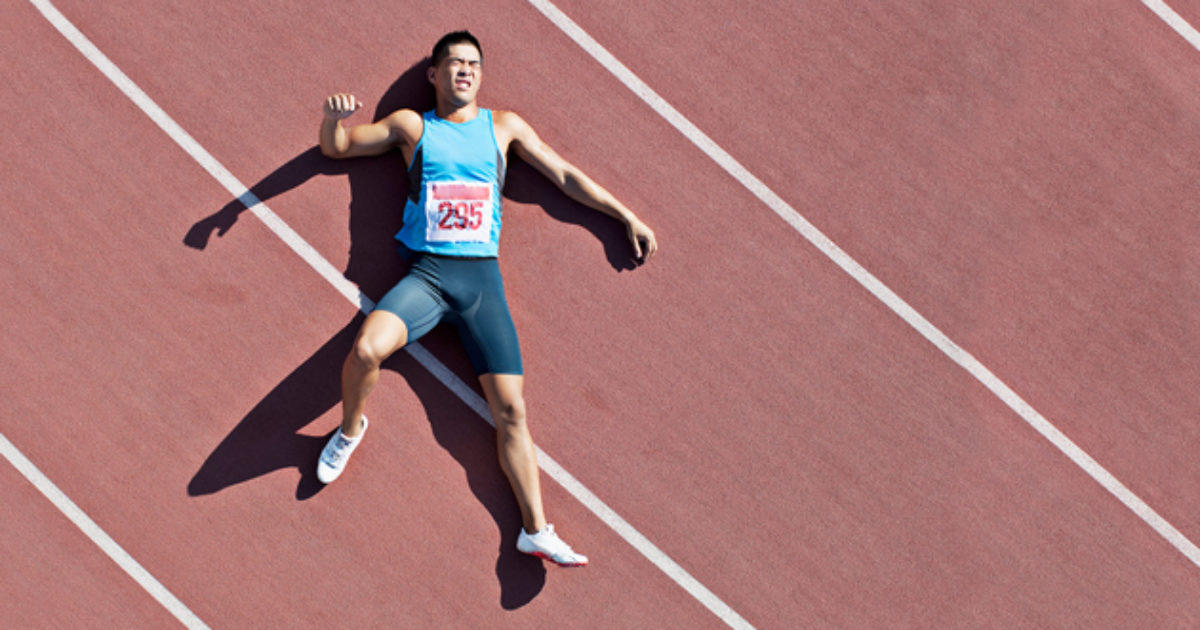UT Health Austin Sports Medicine Timeout
Heat Illness: A Serious Risk for Athletes

Although we are easing into the beginning of fall, temperatures remain very high here in Texas (you know, the usual). And with high temperatures, it’s important to be aware that heat illness in athletes (but it can happen to anyone) can be a risk that should be taken very seriously. Your body normally cools itself off by sweating, and during this process, body fluids and critical electrolytes are lost. If the body isn’t replenished with fluids and electrolytes, dehydration can occur increasing your risk of heat illness. Heat illness can be fatal, but if recognized can also be treated fairly quickly.
“Common symptoms of heat illness are fatigue, light-headedness, dizziness, nausea, possibly even throwing up, and if things are bad enough you can begin to have seizures or slip into a coma,” says sports and injury specialists at UT Health Austin’s Musculoskeletal Institute.
“I often treats heat illness at the finish line for the Austin Marathon and other local races,” says Dr. Pyron. “Athletes that undergo prolonged heat exposure and don’t take the time to replenish liquids throughout their activity are at the highest risk for an episode of heat illness, and unfortunately, once you have had an episode of heat illness, you are much more likely to have another episode even if you are not under the same level of stress as you were when it happened the first time.”
Heat Smarts
The good news is, heat illness is preventable. “Most people just need to pay attention to staying hydrated, starting the day before an event, during and after the event,” says Dr. Pyron. It’s also important to stay cool, especially in a hot, and often, humid environment like Texas. A humid environment can make sweating less helpful to the body when it comes to keeping it cool since sweat is harder to evaporate off the skin in humid weather. To avoid heat illness as a result, you can take measures to keep your body cool before and after an activity such as wearing an ice vest, drinking chilled water 30 minutes before, or staying indoors to keep your core cooler longer. Proper training for exercise in the heat is also helpful and wearing light breathable clothing helps to keep your body cool as you sweat.
“If symptoms of heat illness are already present, one of the best ways to treat it is with an ice bath to bring to body’s temperature back down. We do this in the finish line medical tents and it’s amazing how quickly your body responds to it and it has you feeling better in minutes,” says Dr. Pyron. Drinking plenty of fluids is also necessary to alleviate heat illness and in more severe cases IV hydration may be necessary for those patients who are not able to drink enough fluids on their own.
“But the main thing is cooling off and staying hydrated this sports season,” says Dr. Pyron. Listen to your body and take good care of yourself and others who may be practicing, playing or exposed to heat as we get ready for hopefully cooler weather soon.
For more information about UT Health Austin’s Sports and Injury Clinic visit here, or call 1-833-882-2737.